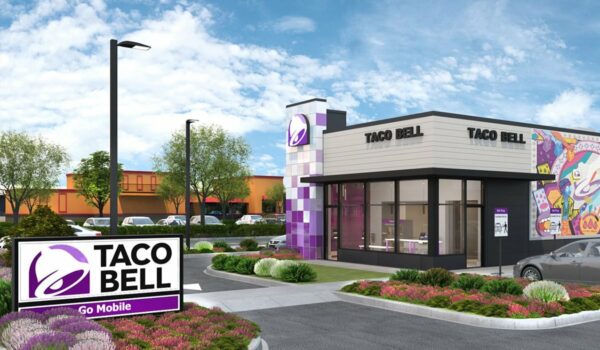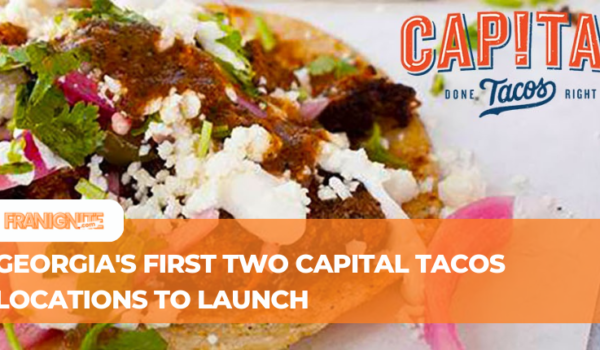The International Franchise Association (IFA) reports that 20,000 franchises closed down in 2020, and employment in the industry dropped by 11.2 percent to 7.5 million. Many companies have had to close or significantly reduce their workforce and hours or take other desperate measures to stay afloat. As a third-party operator licensed by bigger companies, franchisees, according to some experts, are subject to closures and operational issues, such as food or staffing issues.
According to the IFA, this amounted to a loss of about 940,000 employment in the food and recreation market, which generated $680 billion in production for the U.S. economy. Nonetheless, as the economy continues, franchise opportunities are anticipated to increase by more than 10percent this year, to almost 8.3 million. Several of these jobs will be in retail, food, and services, according to the IFA. Most franchise licensees, particularly smaller “mom & pop” businesses, struggle as the Delta variant slows job growth and economic development. Reuters has reported that many McDonald’s U.S. franchisees are considering shutting their restaurants again due to the widespread distribution of the Delta variant.
According to a recent analysis by Robin Gagnon, co-founder of We Sell Restaurants, franchisees received less than 10 percent of government restaurant subsidies or little under $3 billion. Several big restaurant chains have progressively offered incentives to attract and keep qualified employees, ranging from signing bonuses to complimentary appetizers. At the same time, major retailers such as Amazon (AMZN) and Costco (COST) have increased compensation to at least $15 per hour, making it more difficult for smaller businesses to compete.
However, the coronavirus crisis and the new Delta variant are still spreading, raising the stakes for eateries that rely on foot traffic and exacerbating an already severe labor shortage. According to Reuters, big food franchises in the South, such as KFC and Taco Bell, have curtailed hours as employees call in ill with COVID-19 infections. All of this implies that the restaurant sector in the U.S. will face significant challenges in returning to pre-pandemic standards.
The Restaurant Revitalization Fund (RRF) was introduced as President Joe Biden’s economic recovery strategy. The project, which the US Small Business Administration funds, assists restaurants and other qualifying companies keep their doors open. However, the $28.6 billion funds were depleted in days, leaving over 170,000 applications without assistance. A bipartisan initiative is now underway to refill the RRF with $60 billion. Source




